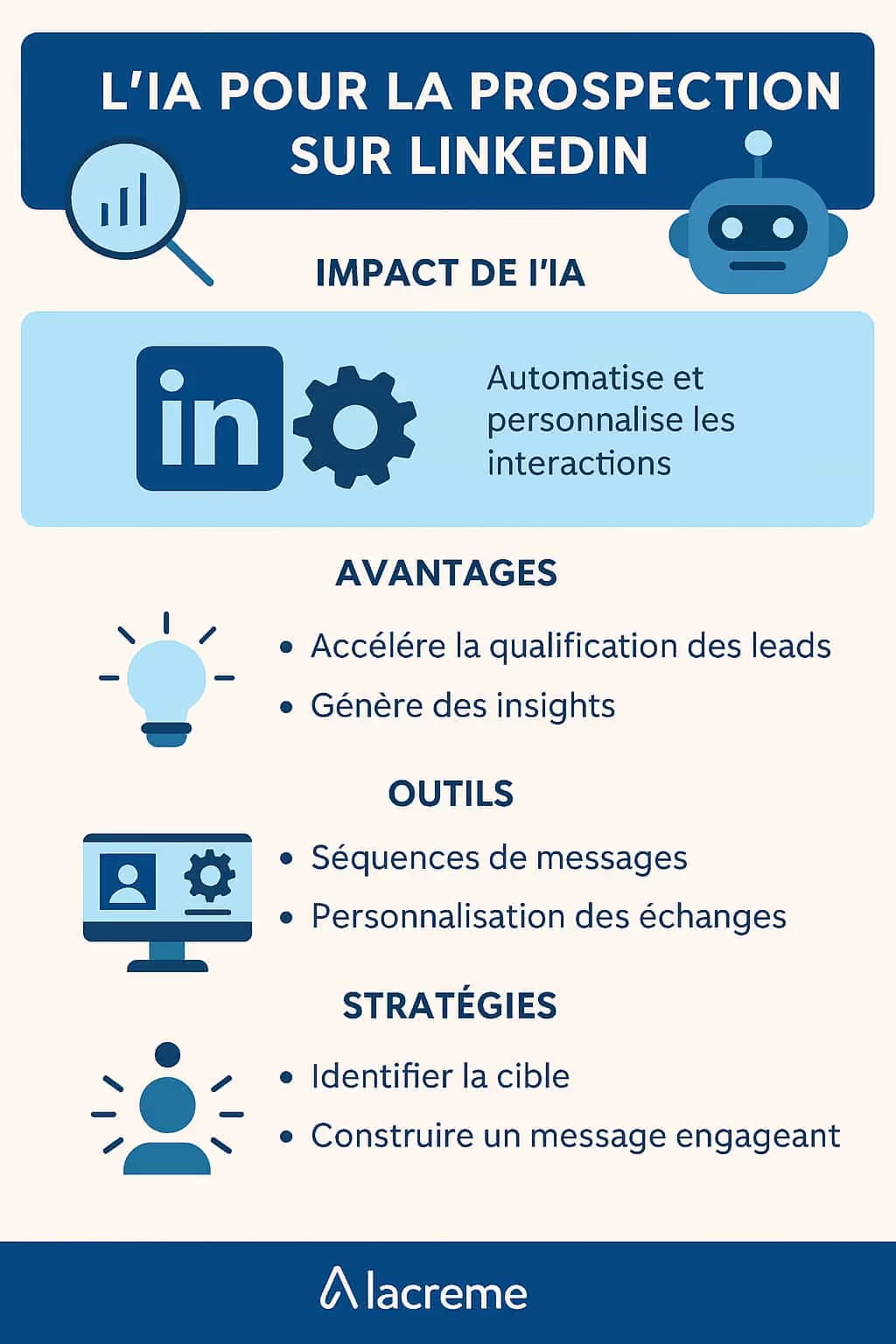The advent ofartificial intelligence (AI) is disrupting many industries, and the restaurant sector is no exception to this technological revolution. The last few years have seen an increasing integration of AI into restaurant chains, affecting both the customer experience and internal operations. This article aims to analyze in depth how AI is transforming the restaurant landscape, the notable innovations, the economic and environmental benefits of these technologies as well as the challenges they pose.
Impact of Artificial Intelligence on the Customer Experience in the Restaurant Industry
AI at the Service of Ordering and Customizing Menus
In a world where consumers are looking for a personalized experience, AI allows restaurant chains to offer menus tailored to individual preferences. Through the analysis of customer data, AI systems can recommend dishes based onorder history, food allergies, or even dietary trends. Therefore, this makes it possible to create a tailor-made ordering experience and to build customer loyalty.
Restaurant Chatbots: Improving Customer Service
Les Chatbots, powered by AI, represent another significant innovation. They make it easy to interact with customers, whether it's answering frequently asked questions, taking orders, or providing recommendations. Available 24/7, these virtual assistants help improve customer service by reducing wait times and offering immediate answers to customer concerns.
Breakthrough Innovations: AI Is Transforming Restaurant Chain Operations
Optimizing Inventory and Supply Management using AI
AI also optimizes the inventory management by predicting the levels of demand for the various ingredients. This forecast improves supply and reduces waste, leading to more economical and ecological management of resources. Intelligent systems track inventory in real time, allowing restaurants to respond quickly to product shortages or surpluses.
Demand Forecasting and Staff Management with the Help of AI
Thanks to AI, restaurant chains can predict peak periods and adjust staff schedules accordingly. This leads to better allocation of human resources, reduces labor costs, and improves service during peak activity. AI also contributes to staff training, by delivering personalized programs based on performance evaluation.
Economic and Environmental Impact of AI for Restaurants
Reducing Food Waste through Accurate Predictions
One of the most significant implications of AI is its ability to reduce food waste. By providing accurate demand forecasts, restaurants can adjust orders to avoid overstocks that end up in the trash. This is not only good for restaurant margins, but it's also an important step towards a more sustainable industry.
Automation and Energy Efficiency: A Gain for the Environment
AI also makes it possible toautomate energy-intensive tasks and to optimize energy consumption. For example, smart building management systems can adjust heating, ventilation, and lighting according to the number of customers present, helping to reduce the carbon footprint of establishments.
The Challenges of Integrating Artificial Intelligence in Catering
Investments and Costs of Adopting AI for Restaurants
Despite its many advantages, the integration of AI in catering represents a investment significant. The costs of developing, implementing, and maintaining AI-powered systems can be high, and there is a barrier to entry for smaller chains or freelancers.
Ethical Considerations and Jobs: Is AI Replacing Staff?
The automation of tasks through AI raises concerns ethical questions, in particular with regard to employment. Although AI can take over some functions, the focus is onincrease in skills staff so that human beings and machines work in synergy to provide the best possible experience for customers.
Case Study: Successful Examples of AI in International Restaurant Chains
Case Study 1: Increased Sales and Customer Satisfaction
A renowned restaurant chain recently implemented an AI-based recommendation system, resulting in a noticeable increase in sales. By analyzing customer preferences, the system was able to offer personalized suggestions, improving the customer experience and increasing the average order value.
Case Study 2: Innovation and Maintaining Quality at Scale
Another example is that of a large international chain that uses AI to standardize the quality of its products. Intelligent sensors and software make it possible to verify the conformity of food in terms of temperature, taste and texture, ensuring a consistent customer experience regardless of location. The contribution of AI to restaurant chains is undeniable. It not only transforms the customer experience but also revolutionizes internal management. Economic benefits and positive environmental impact accompany this evolution. However, for successful integration, challenges need to be addressed carefully, with particular attention paid to the human and ethical consequences of automation.






